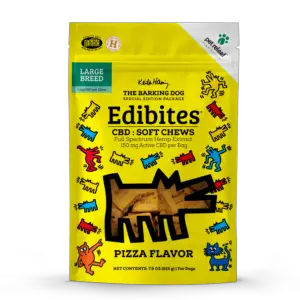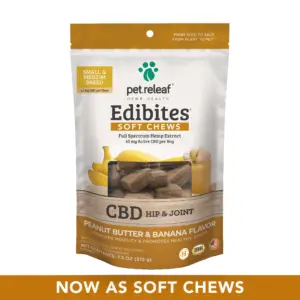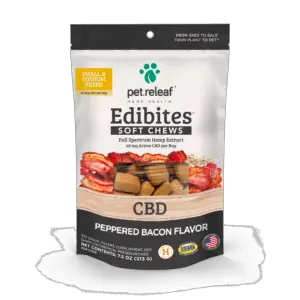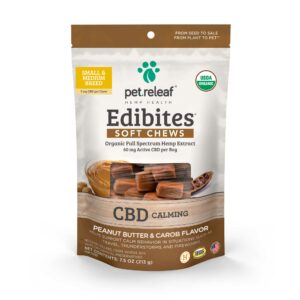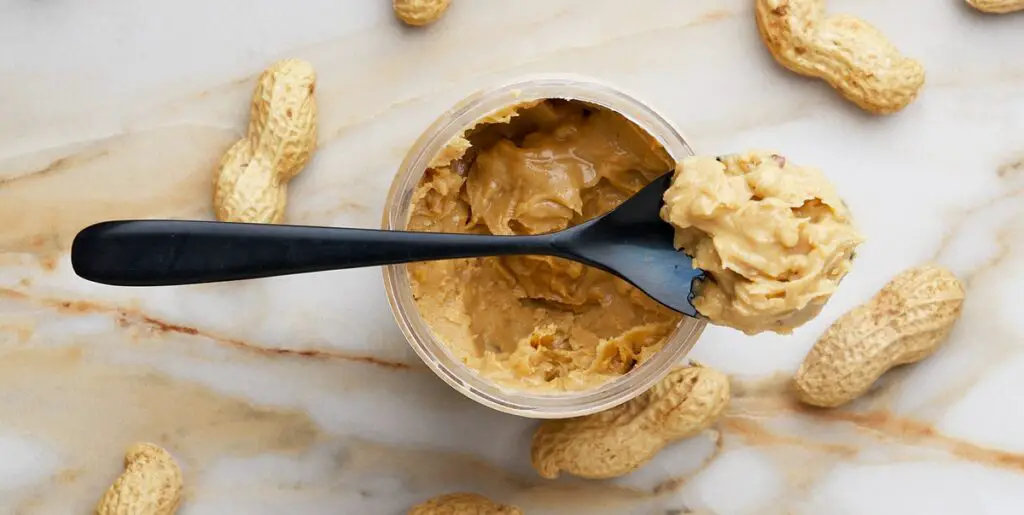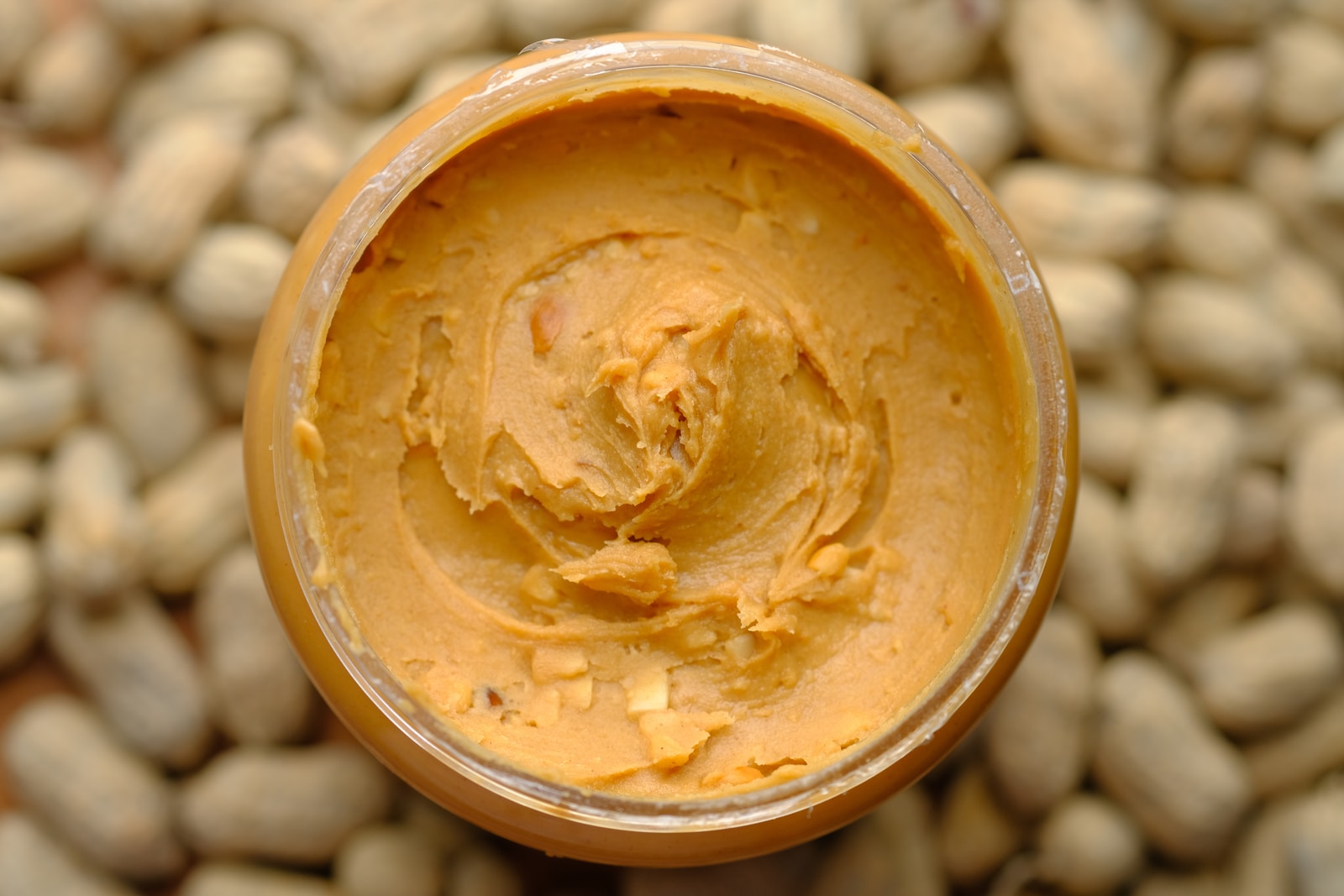
Key points
- Technically, peanut butter is not considered to be toxic to cats. However, there are many reasons why you should avoid feeding your cat peanut butter;
- Cats are obligate carnivores, which means that the majority of their diet should come from animal-based protein. Protein in peanut butter is plant-based and, therefore, doesn’t have any nutritional value for your cat;
- The texture and consistency of peanut butter can create choking hazards for your furry friend;
- If you decide to feed your cat peanut butter, make sure that there is no xylitol in the ingredient list on the label;
Pet nutrition is one of the most important issues for owners of animals. While some people may want to share the foods they love with their pets, not all human foods, snacks, and the like are healthy and nutritious for our beloved four-legged friends. For example, onions, garlic, chocolate, alcohol, and excessive amounts of fish can be very dangerous for felines. Moreover, some products can be beneficial for dogs and simultaneously toxic for cats, making it even more challenging for pet owners to feed their animals appropriately. For example, one of the most popular human foods that pet owners feed their dogs is creamy peanut butter. However, can cats eat peanut butter and benefit from it just as much as dogs?
Table of Contents
Can Cats Eat Peanut Butter?
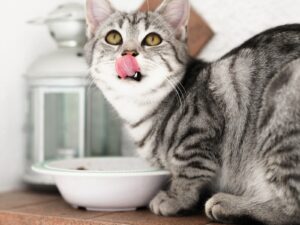 The short answer to this question is “yes”. However, there are many exceptions to consider. Technically, peanut butter is not poisonous for cats, but many veterinarians argue that pet owners shouldn’t give it to their felines as a treat. Similar to twinkies, which are not toxic to humans but shouldn’t be eaten on a regular basis, peanut butter should generally be avoided in cat diets to ensure that your pet stays healthy.
The short answer to this question is “yes”. However, there are many exceptions to consider. Technically, peanut butter is not poisonous for cats, but many veterinarians argue that pet owners shouldn’t give it to their felines as a treat. Similar to twinkies, which are not toxic to humans but shouldn’t be eaten on a regular basis, peanut butter should generally be avoided in cat diets to ensure that your pet stays healthy.
Let’s get into more details.
The Dangers of Peanut Butter for Cats
Nutritional value
Peanuts are relatively high in protein and low in carbohydrates, but your cat’s metabolism is geared towards animal protein. As a plant-based source of protein, peanut butter does not contain all the amino acids your cat needs. Thus, it can’t use protein from peanuts very efficiently. Although peanuts contain a lot of vitamin E and biotin, which are substances that make up cat fur, skin, and connective tissue, other products like fish or egg yolks are much more appropriate sources of these nutrients.
Peanut allergies
Cats can also develop peanut allergies. Generally, cats are inclined to experience allergic reactions. These conditions can be congenital, or they may appear over time. Although adverse reactions to peanut butter are rare, they can be extremely severe. Such reactions can even become life-threatening for your pet. This is why it is so important to be familiar with possible clinical signs of feline allergies so you can respond to the situation quickly.
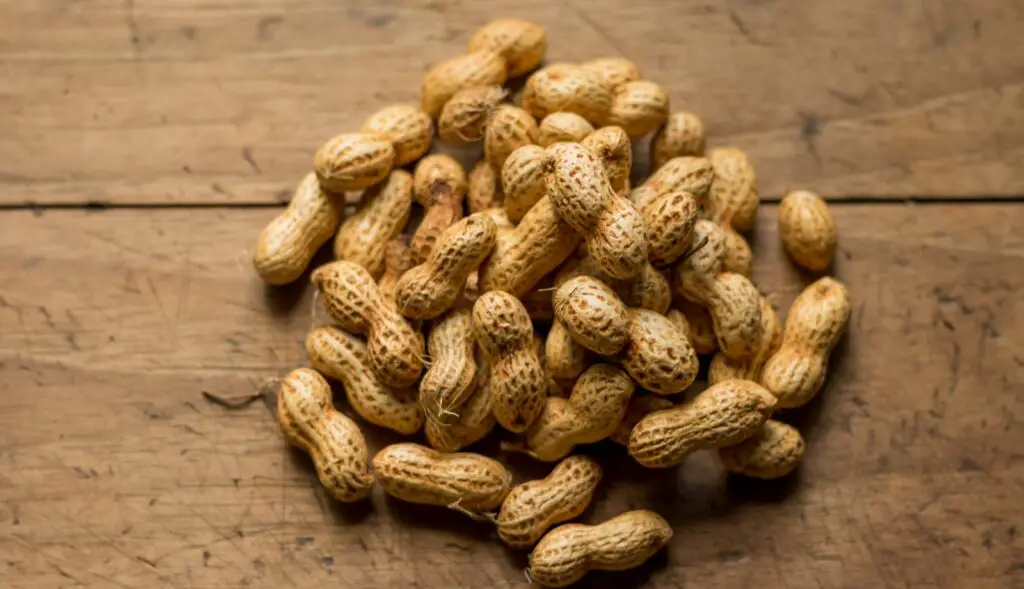
Suppose your cat experiences symptoms such as swelling, itching, runny nose, skin irritation, chronic ear infections, hair loss, diarrhea, vomiting, lack of appetite, or weight loss after eating peanuts or peanut butter. In that case, the cat is likely allergic to it. If you experience this situation with your pet, you should call your veterinarian as soon as possible. Don’t wait until a minor adverse reaction escalates to a severe medical emergency.
Harmful fats
To prolong peanut butter’s long shelf-life, manufacturers hydrogenate vegetable oil contained in it. This low-quality peanut butter can be incredibly toxic, as it is high in trans fatty acids. These fats are very dangerous for cats, and therefore should be avoided.
Peanut butter is even more harmful in the long term because its high-fat content can make your cat can put on weight faster and even cause it to become obese. So, if your cat is struggling with excess weight, you should never give it peanut butter. Remember that obesity can result in further health issues such as diabetes and heart conditions.
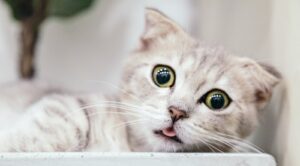
Gastrointestinal upset
Although it’s uncommon in cats, ingesting large amounts of peanut butter can lead to gastrointestinal disorders such as diarrhea. Other symptoms of the health issue include vomiting, diarrhea, lethargy, abdominal pain, straining to pass stool, and/or decreased appetite.
Choking on peanut butter
Since peanut butter has a thick and sticky texture, it can easily get stuck in a cat’s throat even when given in small portions. So, if you feed your cat peanut butter every once in a while, you should monitor the pet closely while it eats it. Generally, this rule applies not only to peanut butter but to any sticky treats. Also, make sure that your cat has access to fresh, clean water to wash the butter down.
Aflatoxins
Peanuts contain a significant amount of aflatoxins, which is a type of mycotoxins. These toxins are produced by the mold that colonizes peanuts under the ground. Mycotoxins are considered to be some of the most common cancer-causing agents found on the planet. Moreover, they can damage the liver and even result in liver cancer. In most countries, government agencies are responsible for controlling the amount of aflatoxins found in foods and ensuring that their content stays below the recommended limit.
Poisoning
Since many animals like eating peanut butter, it is often mixed with insect and rodent poison to attract and kill pests. If your cat is allowed to go outside, it’s particularly dangerous to give it peanut butter. It will get used to the taste, and once the pet is outside, it can find and ingest poisoned peanut butter, which will most likely have deadly consequences.
Xylitol
The traditional peanut butter we all grew up with and loved contains ground peanuts as the main ingredient and oil to give the peanut butter a creamy, smooth texture. Many companies also add a little sugar, honey, or molasses to peanut butter for sweetness and salt for flavor.

However, with the recent emergence of anti-sugar trends in our society, many manufacturers started to substitute sugar with a chemical called xylitol. Xylitol is also often added to gum and even baked goods. This artificial sweetener is also often included in many products for people with diabetes due to its low glycemic index. However, xylitol is highly toxic to animals. It can cause symptoms such as vomiting, lethargy, and loss of coordination which might progress to seizures and liver failure.
Before feeding your cat peanut butter, make sure that you check the ingredient list on the label. If you see xylitol there, avoid giving this peanut butter to your cat.
How Can I Feed My Cat Peanut Butter Safely?
If you want to give your cat peanut butter, despite the many concerts associated with the product, then you should consider the following recommendations:
- Always consult with your veterinarian before giving any human foods to pets, even if the type of food in question is generally considered safe for animals.
- Only feed small portions – cats are unfamiliar with peanuts. According to the Clinical Nutrition Service, treats should account for no more than 10 percent of your cat’s daily caloric intake. Thus, you should give the animal peanut butter just as a starter before the actual meal and make sure to check the nutrition label on your peanut butter jar beforehand. Remember that peanuts are very calorically dense, so the safe portion size is actually very small.
- Make sure you use unsweetened and low-salt peanut butter that doesn’t contain xylitol. You should also never feed chunky peanut butter to your pets.
According to the Clinical Nutrition Service, non-toxic foods can cause unexpected reactions, so monitor your cat for any signs of health issues such as vomiting or diarrhea. Unless your cat is allergic to peanut butter, it is not toxic to the pet. However, remember that peanut butter doesn’t really have any benefits for your cat’s digestive system.
If your furry friend eats peanut butter regularly, you can also use the butter to give medicine since you can easily mix it with powder or very small tablets.
FAQ
How much peanut butter can a cat have?
The general rule is the less, the better. Half a teaspoon of peanut butter is enough to feed a cat.
Are peanuts toxic to cats?
According to the Clinical Nutrition Service, peanuts are not toxic to cats. However, it is not recommended to feed a cat peanuts since they don’t have any nutritional benefits for your pet.
Do cats need peanut butter?
There is nothing in peanut butter that cats need to consume on a regular basis. What cats need is sustainable, high-quality cat food rich in protein.
Is peanut butter safe for dogs and cats?
Generally, peanut butter is considered to be non-toxic to animals. The safest way to feed your cat or dog some peanut butter is to give just a dab of it. Remember, pets should never be fed peanut butter that contains xylitol.
Can cats be allergic to peanut butter?
While it is possible for a cat to be allergic to anything, cat allergies to peanut butter are rare.

